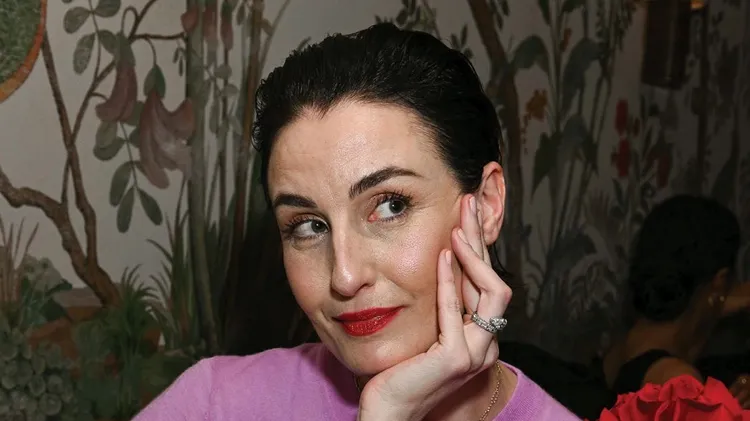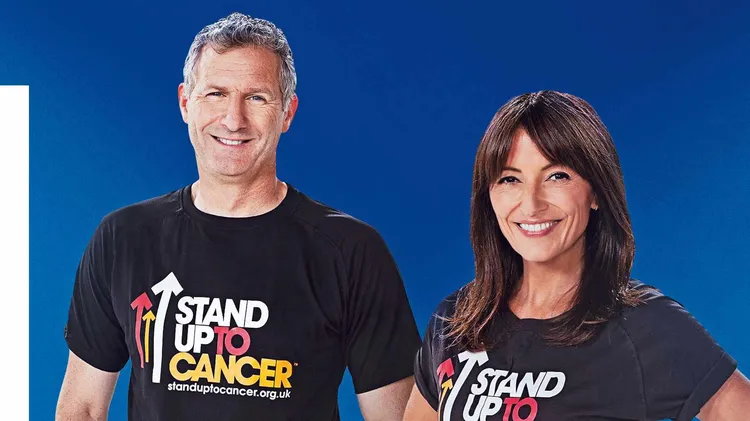MENTAL FITNESS BATON OF HOPE
“please fight for mental health. the support is just not there”
7 min read
This article is from...
Read this article and 8000+ more magazines and newspapers on Readly






